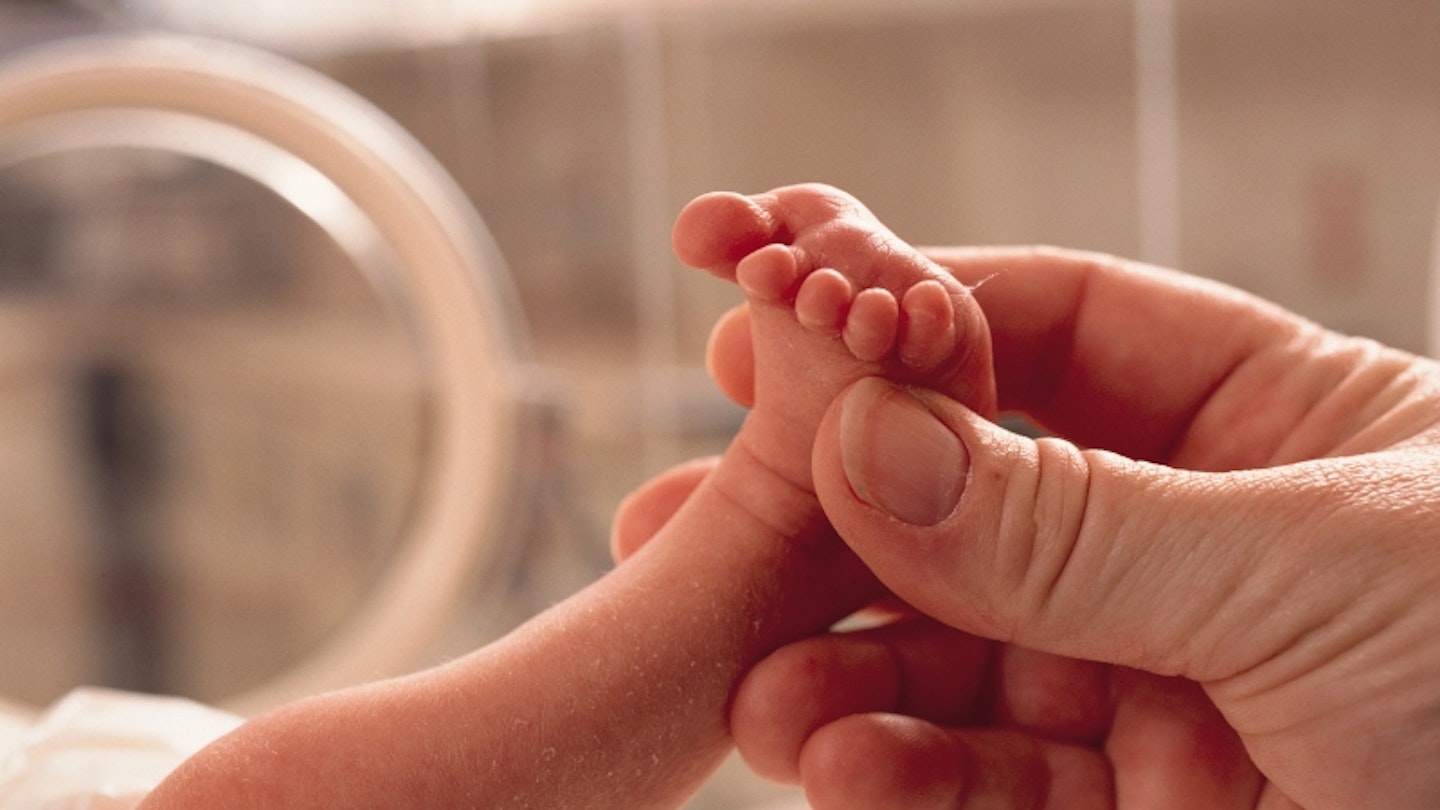According to the premature and sick baby charity Bliss, around 100,000 babies will be born needing neonatal care this year. This means that one in seven babies will have spent time on a neonatal unit – some of whom will be joining the same baby groups as you.
It can be difficult knowing what to say to a mother whose baby spent time in neonatal care in order to make them feel as welcome and included as possible. We spoke to four mums of babies born premature or sick to find out what they wished other mummies had said to them.
How to talk to the mum of a premature or sick baby:
How to talk to the mum of a premature or sick baby at your baby group
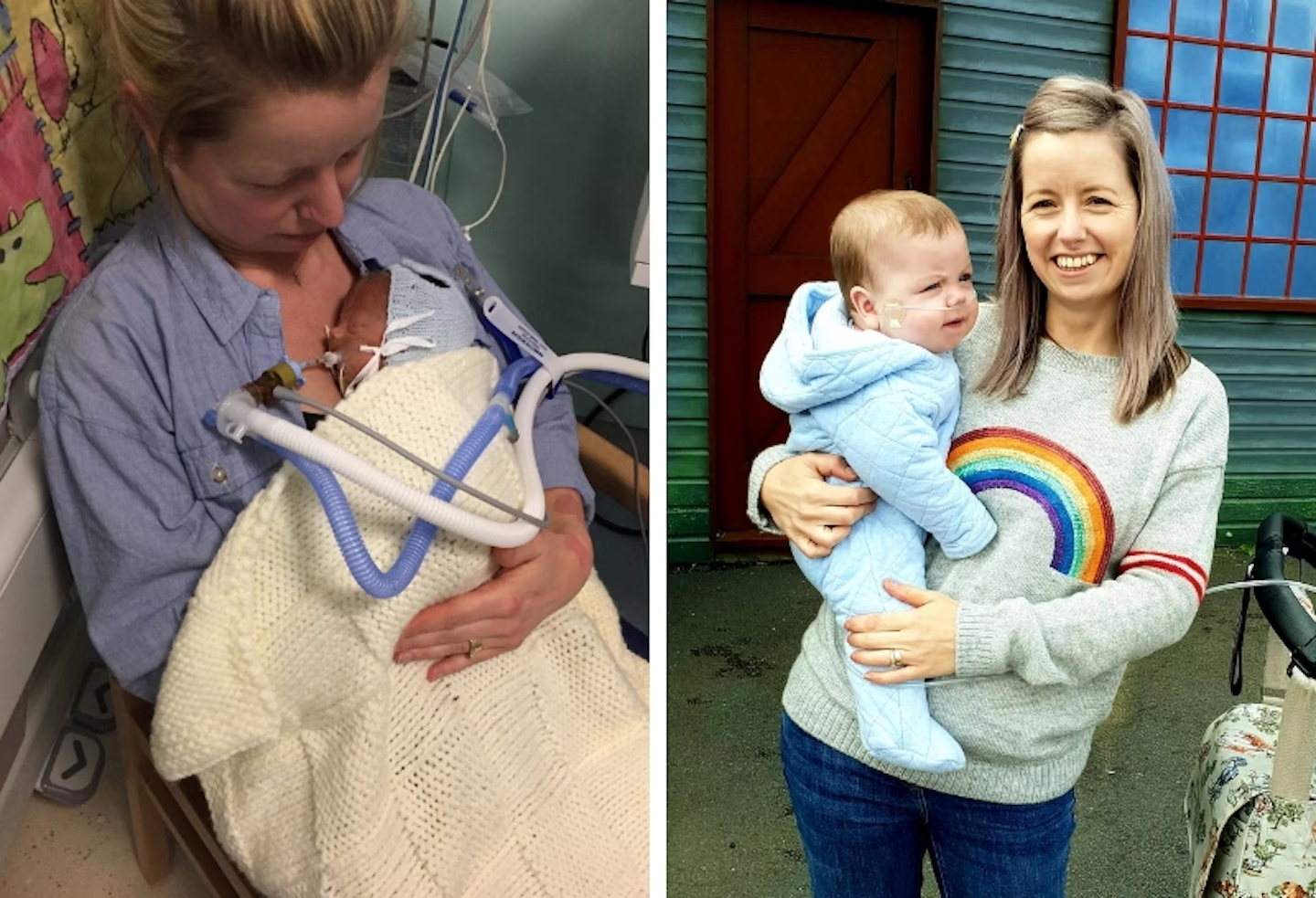 1 of 4
1 of 41) Some questions may be difficult for us to answer
“New parents usually ask each other the same sorts of questions such as: ‘How old is your baby?’, ‘Was it an easy birth?’ or ‘Are they walking yet?’” says Claire Cousin, whose daughter Quinn was born seven weeks early.
“Please keep in mind that these sorts of questions can bring back the trauma and emotions of the experience a parent went through in their baby’s first days. If you have asked a question that upsets someone, try to be supportive rather than shying away as this will just make the mum feel more isolated.”
Natasha Spann, mother to baby Ethan who spent 100 days in hospital, agrees.
“As Ethan is on oxygen, people naturally wonder why,” Natasha say.
“I tell them that he was premature and he struggles with breathing, for many people that answer is not enough and I am often probed further. Some of these questions force me to relive a really scary time, some remind me that he is developmentally behind peers and some I don’t have an answer to. These questions from people I've only just met can feel rather intrusive and uncomfortable.”
Photo: Natasha Spann with her son, Ethan, in hospital and now
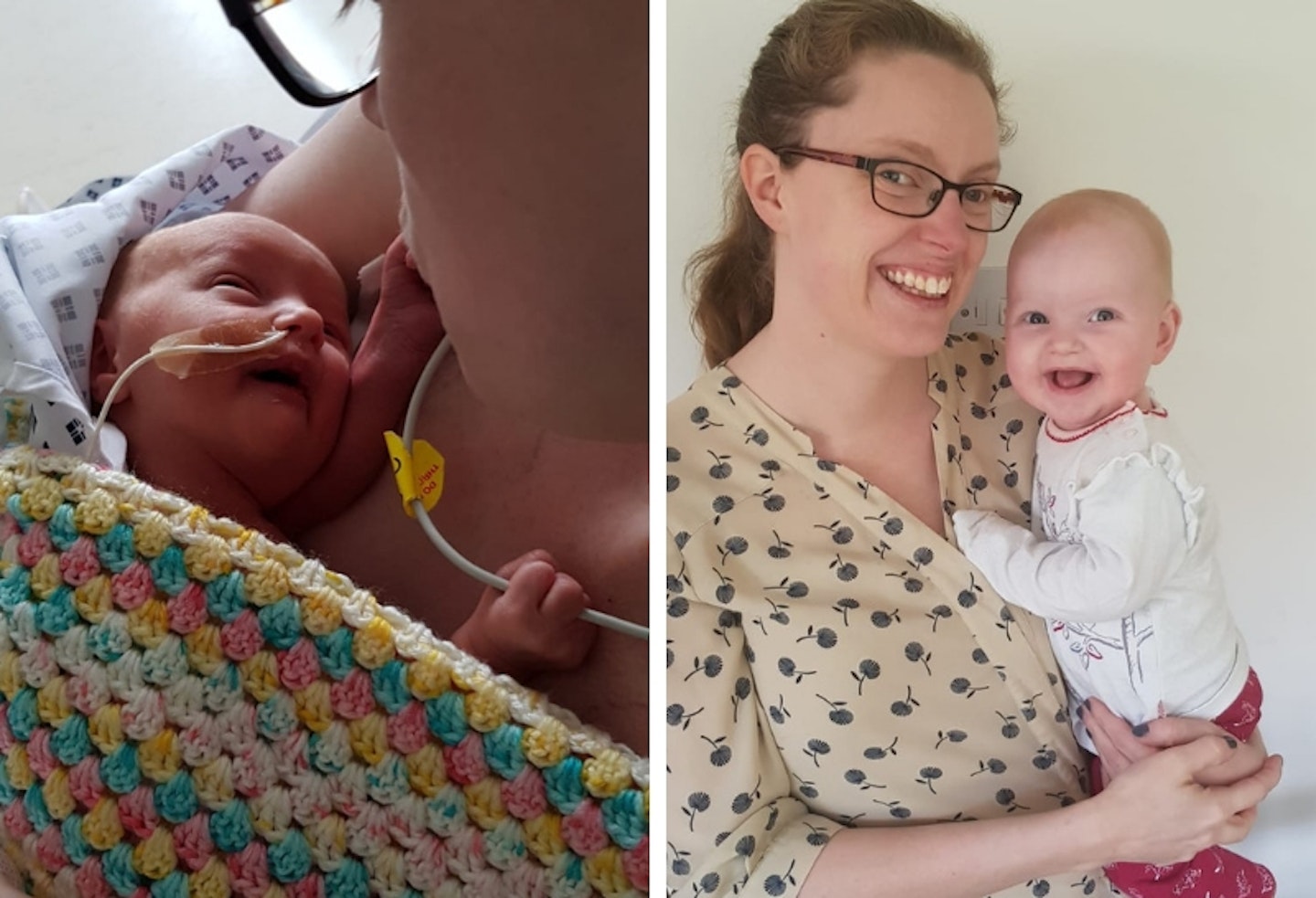 2 of 4
2 of 42) Don’t say: “At least you didn’t have to carry them to term”
“Some people’s gut reaction is to try and find a ‘silver lining’ when you tell them that your baby arrived early,” says Lauren McFadyen, mum to two premature daughters Olivia and Rosie.
“I have had plenty of comments about how lucky I am that I didn’t carry my baby’s full term. I would have given anything to be able to have my babies at full term and allow them to fully develop. There are other parents whose babies are born much earlier than mine, unpredictably and needing much longer stays and additional help so this must be an extremely difficult comment for them to be faced with.”
Rachel Jones, whose daughter Mia was born 17 weeks early adds: “The comment that I remember hurting me the most was: ‘well at least you don’t have much weight to lose.’ I just smiled and nodded at comments like these, but on the inside I felt like saying: ‘I would rather have a big tummy after having a full term baby than go through what I went through!’ I know people mean well but it is tough hearing those sorts of comments.”
Photo: Claire Cousin and her daughter, Quinn, in hospital and now
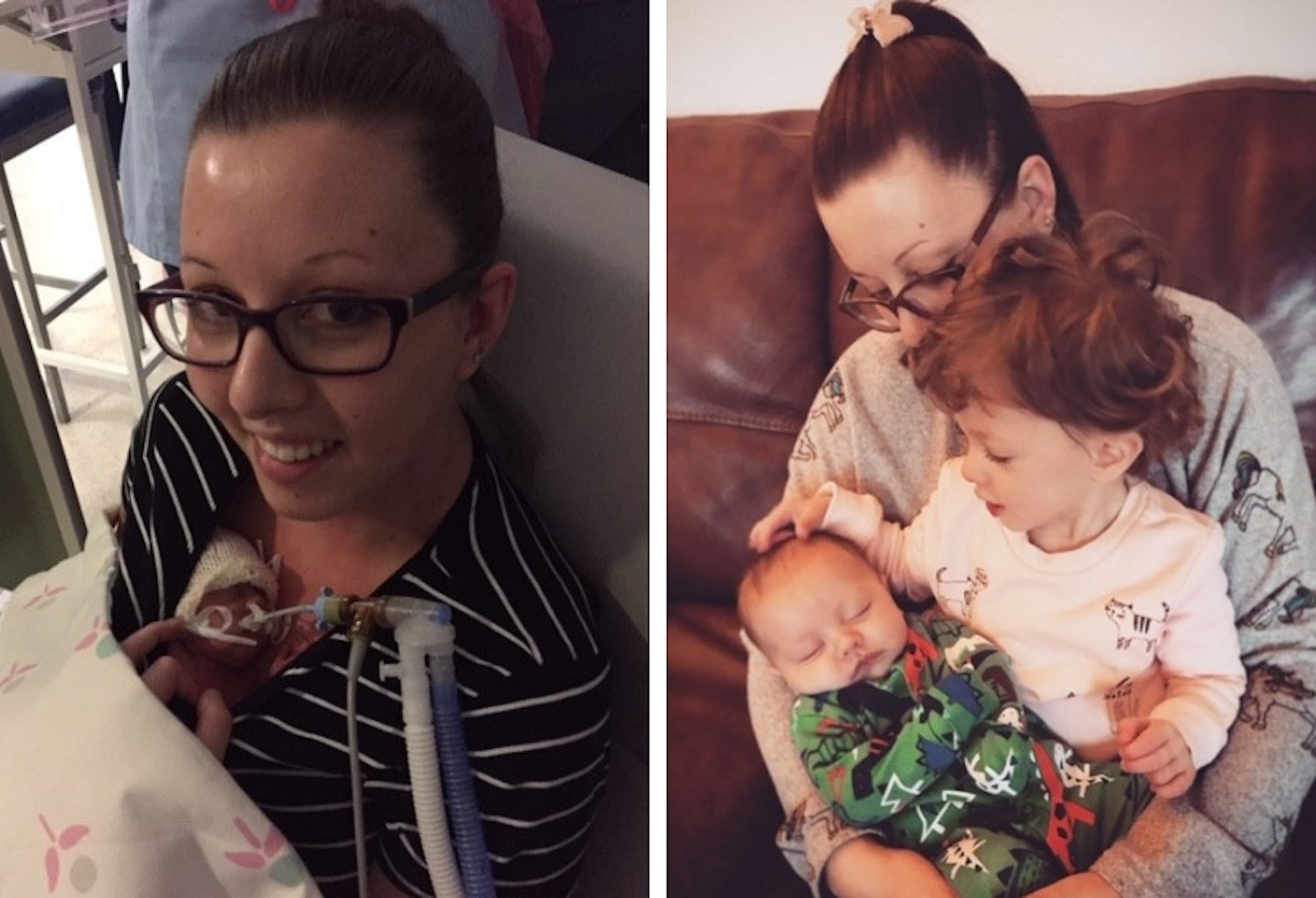 3 of 4
3 of 43) Let us decide what we share with you
All mums are different and although some may want to talk about their experience, others may not want to relive the memories. If the topic of the neonatal unit comes up, listen to what they are telling you and don’t ask any probing questions.
Rachel says: “I liked the fact that other mums were genuinely interested in Mia’s story and although telling her story sometimes brought back bad memories, it also made me so proud of what she’s achieved. I enjoyed showing her off and showing how strong she’s been! I suppose it outweighed all those small passing comments that sometimes hurt.”
Natasha adds: “I don't mind telling people Ethan's story or updating them on his progress but I want to do it when I'm ready. Sometimes I will go to a baby class having spent the days prior in hospital with him unwell or I might be anxious about an upcoming appointment. It might have just been one of those weeks where we've had medical appointments every day and I just want to escape and be a normal mum at this class for an hour. Sometimes it's great to share good news and sometimes it's helpful to offload to a friend after a hard week but sometimes I could really do without going over it all. Ask me how my week has been and let me decide how much or little to share.”
Photo: Rachel Kirkby in hospital and now
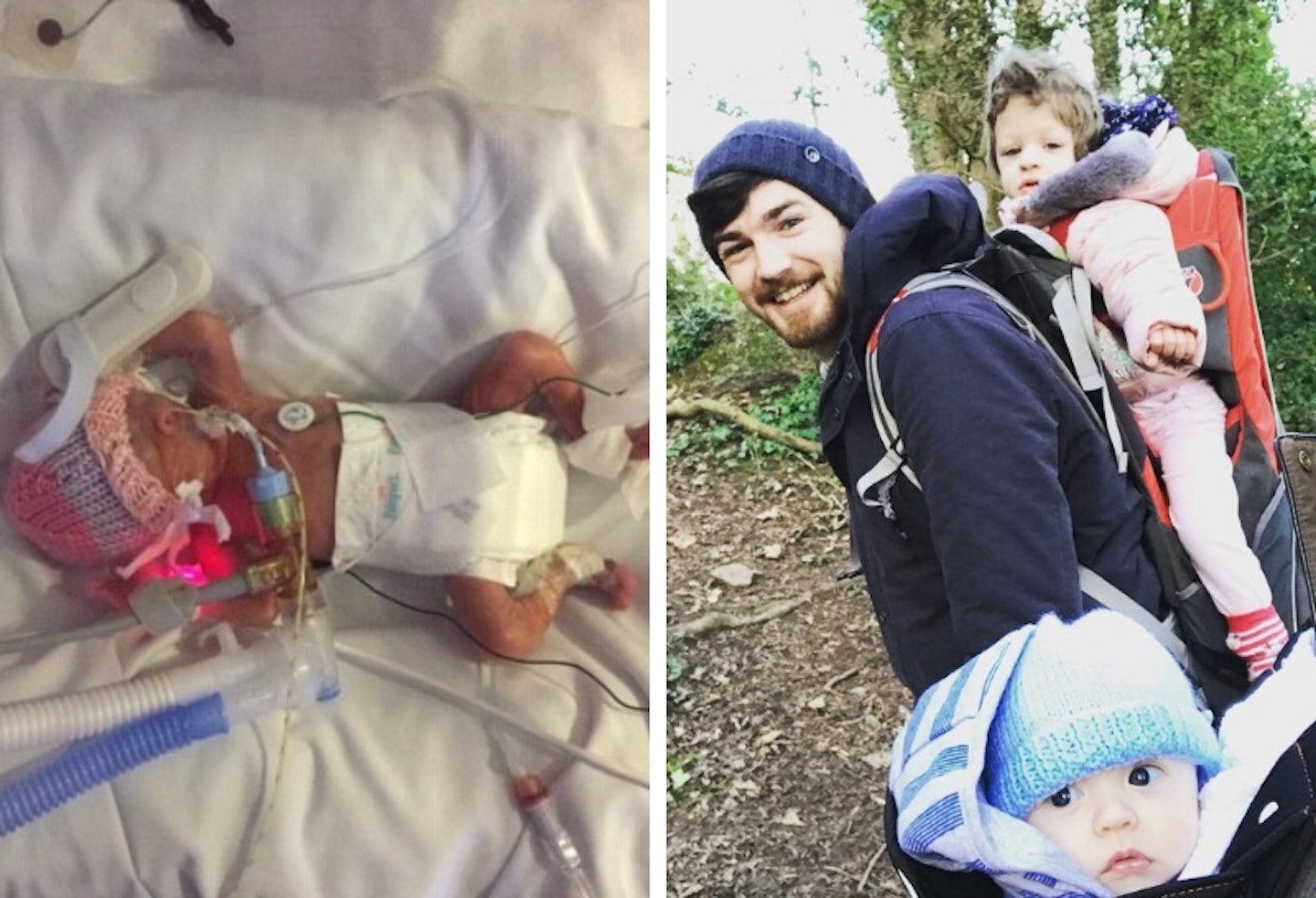 4 of 4
4 of 44) Remember we’re just normal mums
“For me what made me feel most welcome was when we were treated like everyone else and not made a fuss of,” says Claire.
“We’re just a normal mum and baby at a group, here to join in the fun like everybody else.”
Natasha agrees: “The most welcoming thing is to be treated like any other mum. I sat at a baby class one week between two mums I'd not sat next to before. The one to my left wanted my son's full medical history, the mum to my right remarked that her son had the same jeans and she had to roll the legs up too. She was a breath of fresh air and we engaged in a conversation about how clothes sizes vary from shop to shop before the class started.”
“I'd like all the new mums I meet to just talk to me like this, and not let Ethan's difficulties be the focus of our interactions. There is a lot more to him than his oxygen. We've already wasted a third of his life in hospital and we have medical appointments most weeks. Let our time at baby classes be some respite from it all.”
Photo: Rachel Kirkby's baby in hospital and the family now
If your baby was born premature or sick, find information and support at Bliss.
